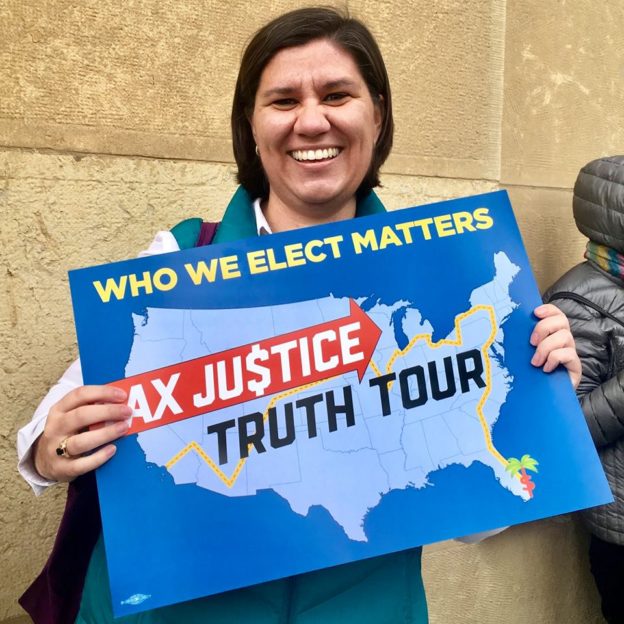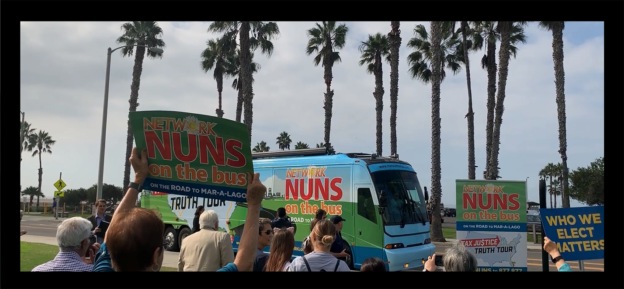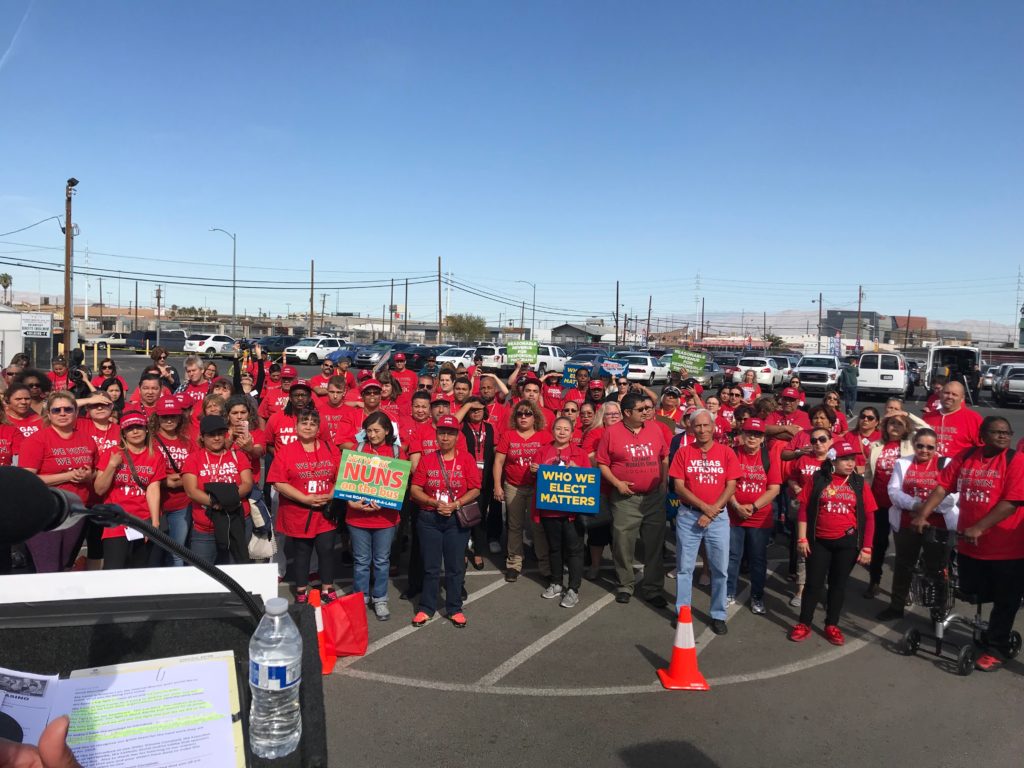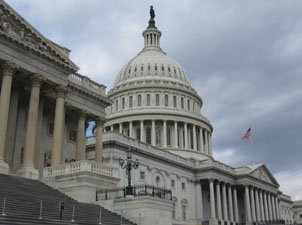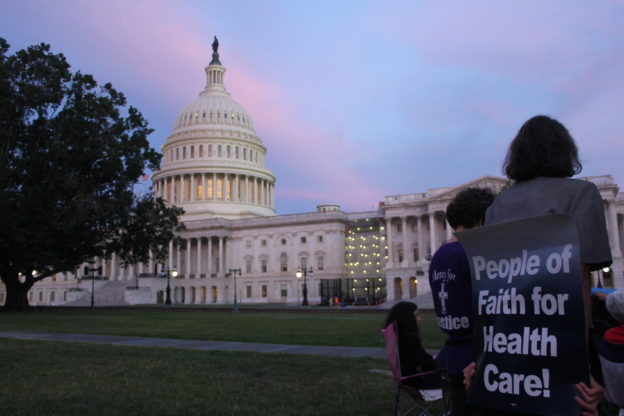
NETWORK Responds to Week of Violence, Bigotry, and Anguish
NETWORK Staff
October 29, 2018
After a would-be assassin mailed pipe bombs to 14 prominent Democratic figures, including the families of 2 former Presidents; after a gunman tried to enter a Black Church in Kentucky intent on doing harm but was unable to gain access so walked to the nearest Kroger grocery store and killed two people instead; after all of that, there was the terrible mass shooting of Jewish worshippers at a Pennsylvania synagogue. It was a devastating week and we are still reeling from it.
Nevertheless, we join the country in offering our most heartfelt and sincere condolences to the family and friends of those 11 people who were killed in Pennsylvania and the 2 people in Kentucky. No words can express how profoundly we grieve with you in your time of need. We stand together as the nation mourns your, and our, loss.
At the same time, we condemn, in the strongest possible language, these senseless murders of 13 ordinary people, worshipping at Tree of Life Synagogue and buying groceries at the local Kroger store. They were simply going about their day until two white men, fueled by anti-Semitism and racial animus, attacked them. These innocent people lost their lives to hate and fear in a country founded on freedom, opportunity and religious values.
But our Catholic faith tells us that we are all created in the image and likeness of God. No exceptions. And as a result, every human being is imbued with an essential dignity that must be honored, respected and protected. The hate-filled actions of the gunmen belie that fundamental truth. Whether or not you are religious or have some faith-based beliefs, there is something profoundly wrong in society when people turn to violence against others simply because they belong to a different religious tradition or have a different skin color. We condemn every action based on hatred, bigotry and violence.
Sadly, this is not the first time we have witnessed, endured and decried the presence and menace of such evil in our midst. But this can be the last. This is a time when the whole country can stand up and speak out against it. This is a time when we must demand of our leaders and each other the guarantee of civility, respect and safety for everyone. For our sake. For our children’s sake. For the sake of our country’s future. We must not let this hatred, violence and division defeat us. The only question is: will we do it? Or will we once again pay a terrible price for our silence? People are fond of saying “we are better than this.” Now is the time to prove it.
May God grant eternal rest to those who were slain. May God shower peace and consolation on all those who mourn. And may God have mercy on all of us if we fail to stand up to this moment in history.








